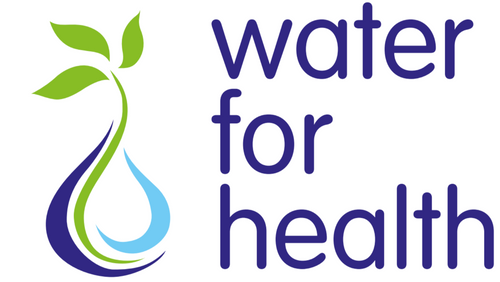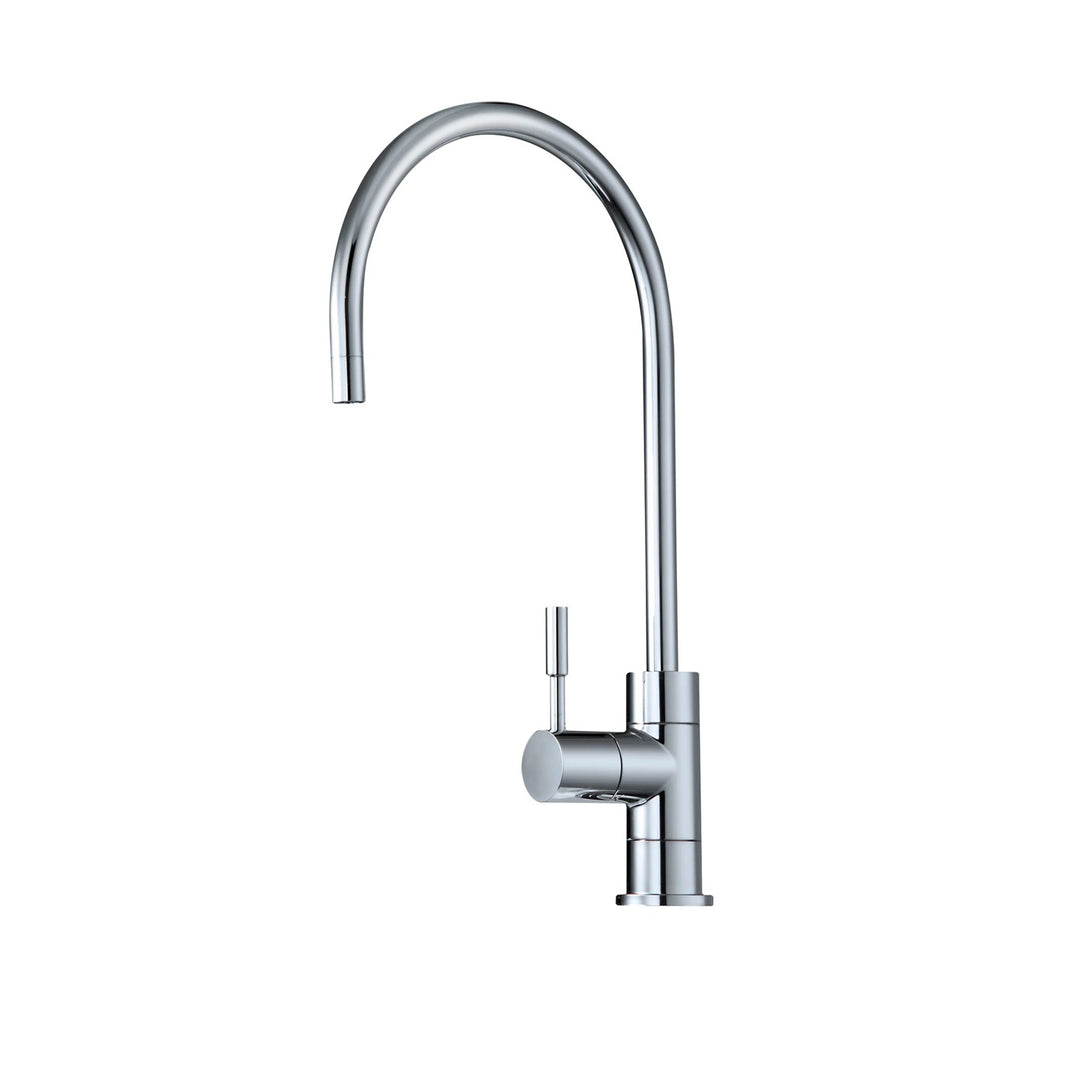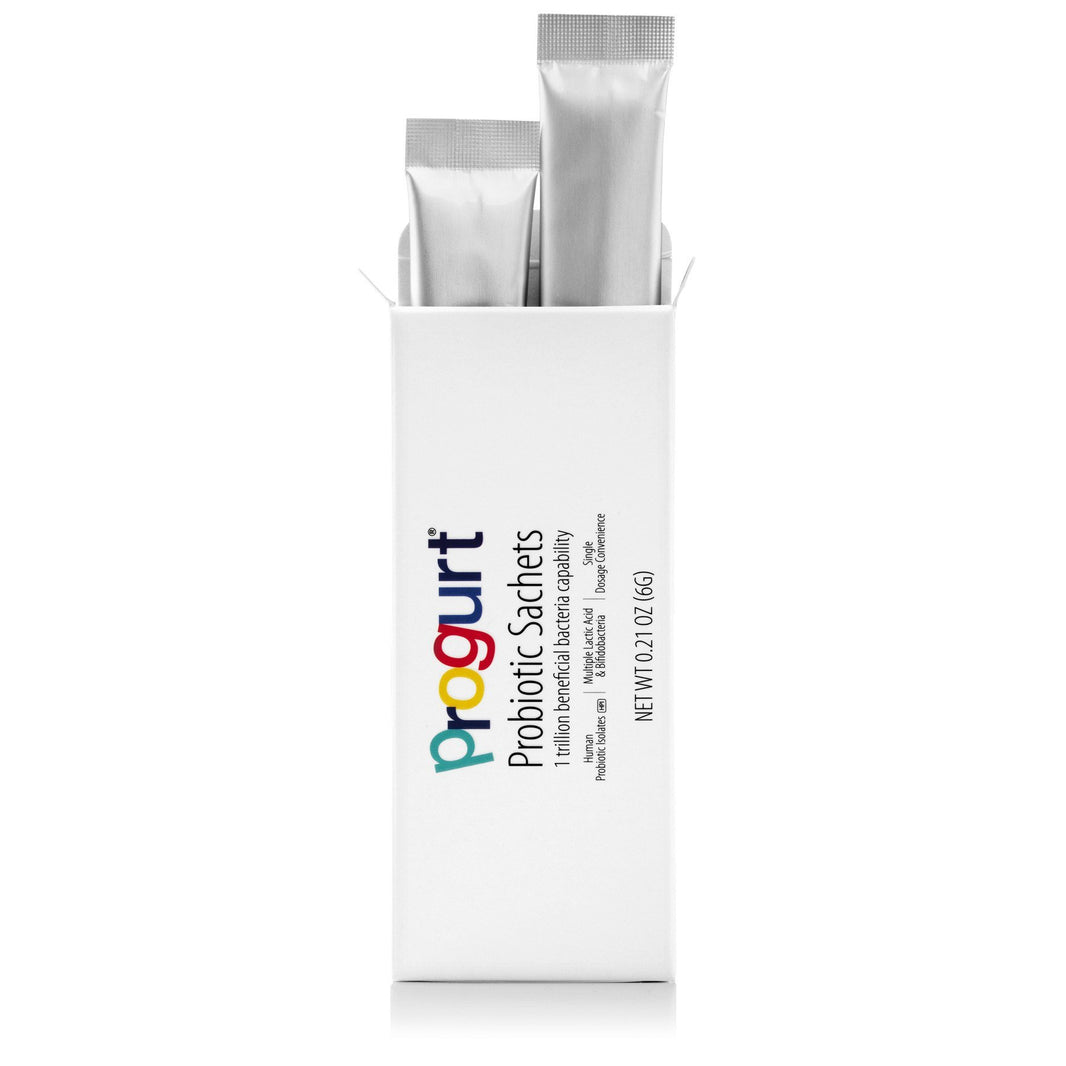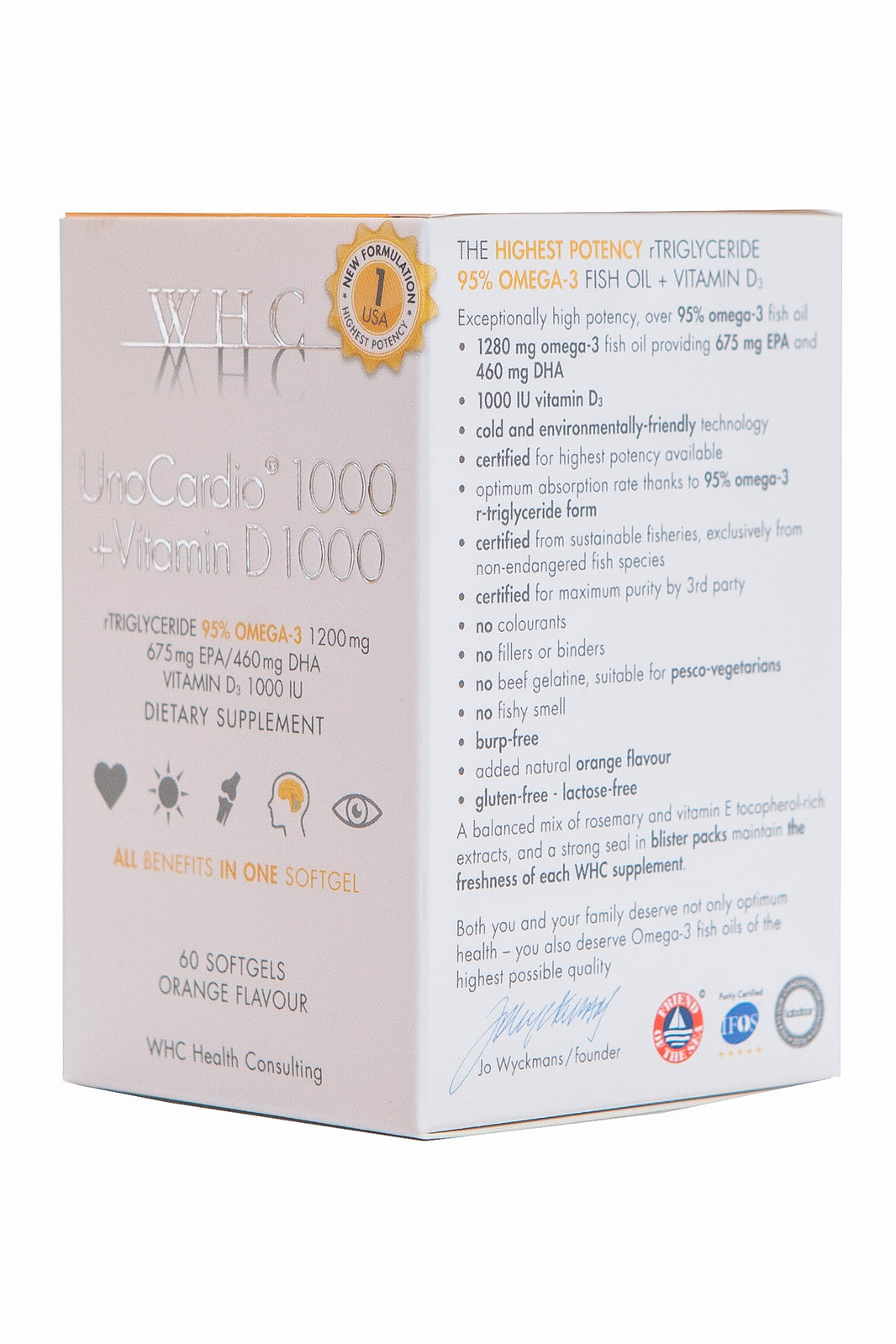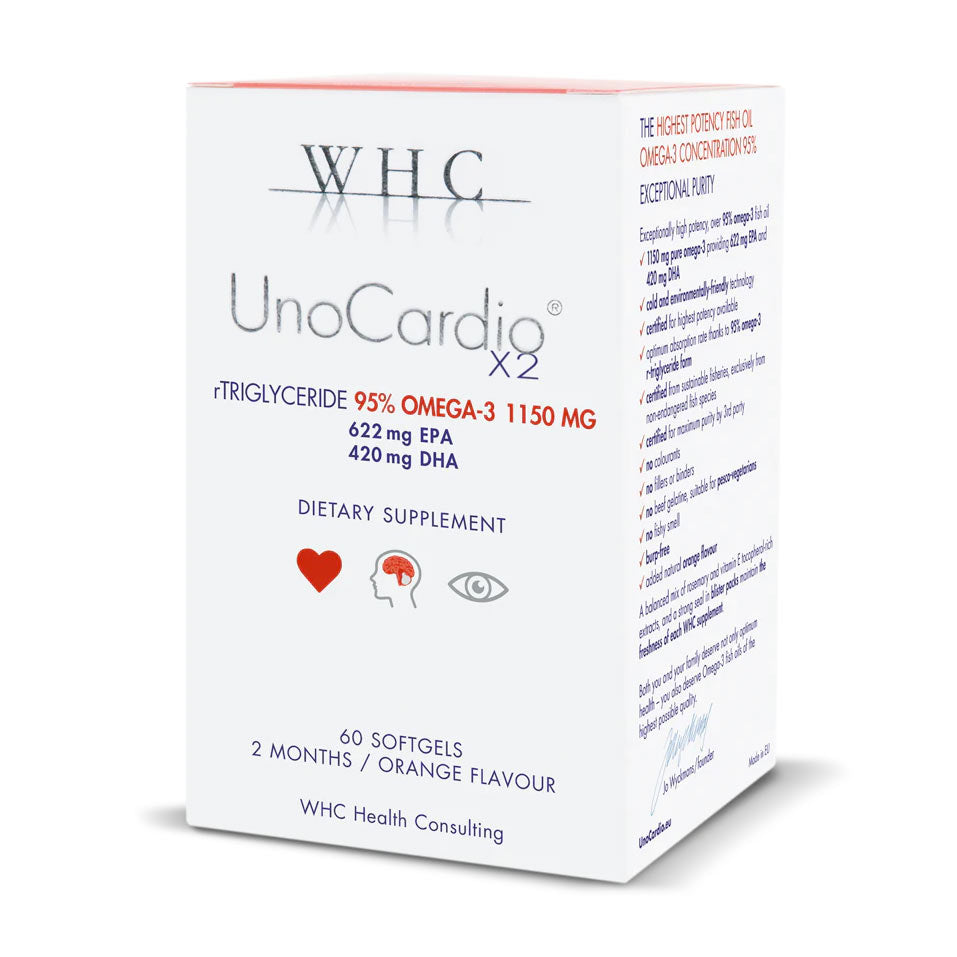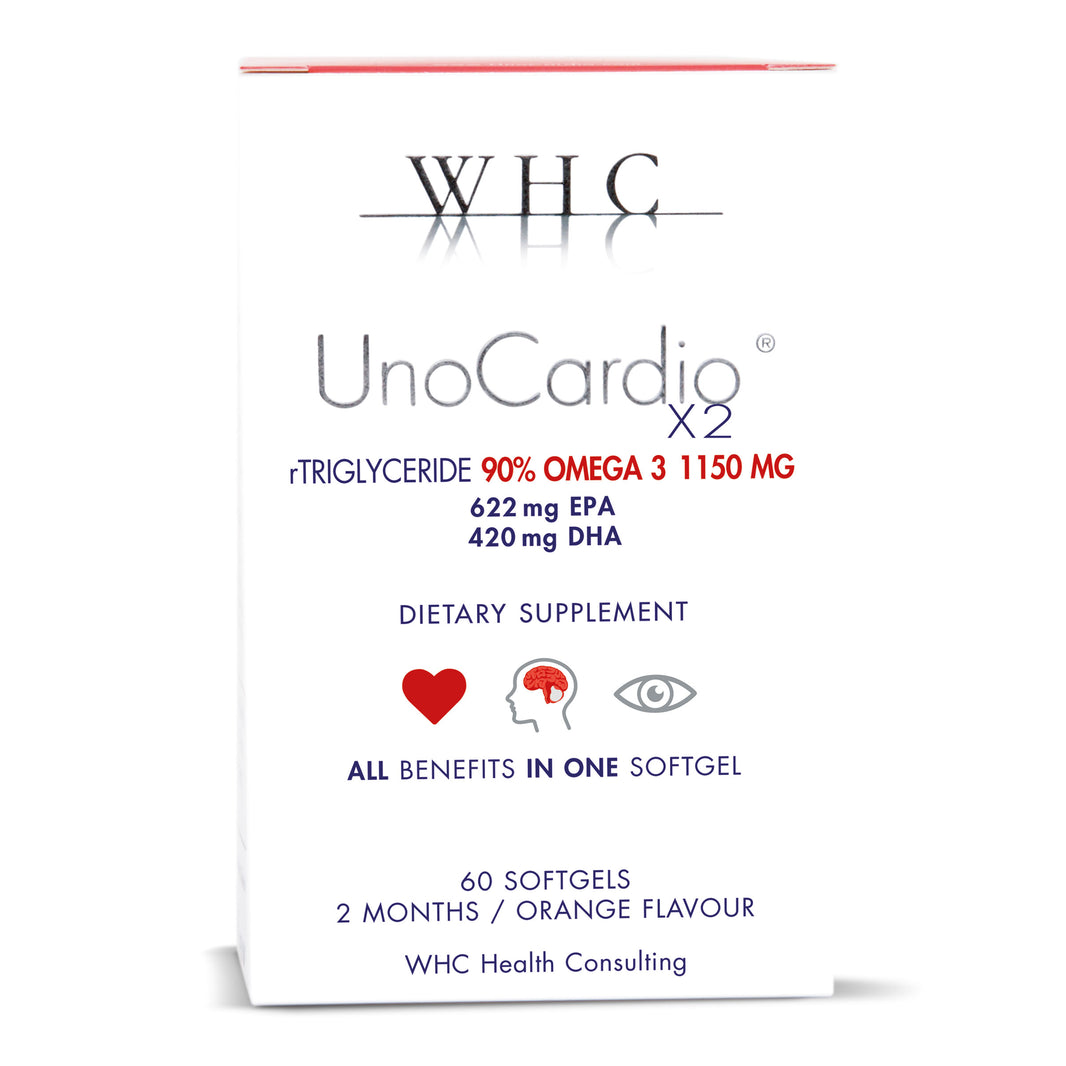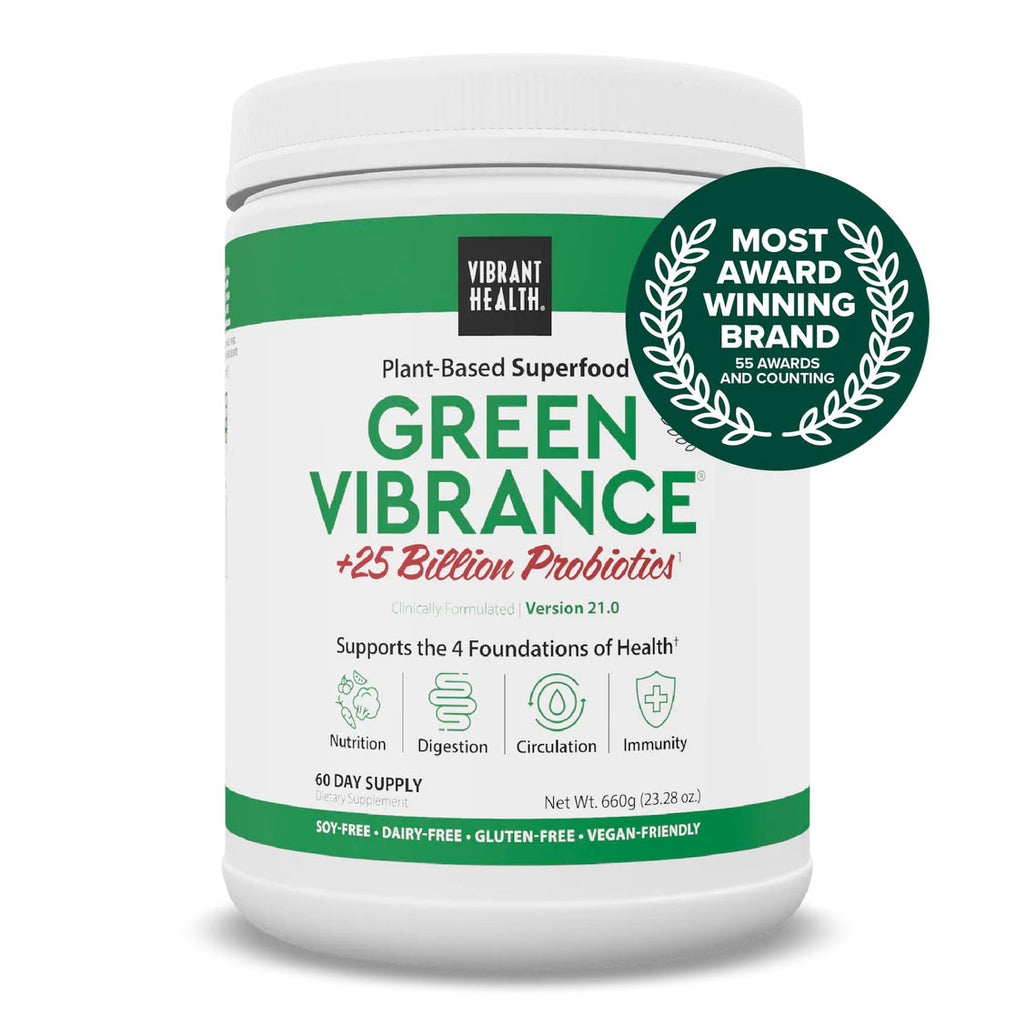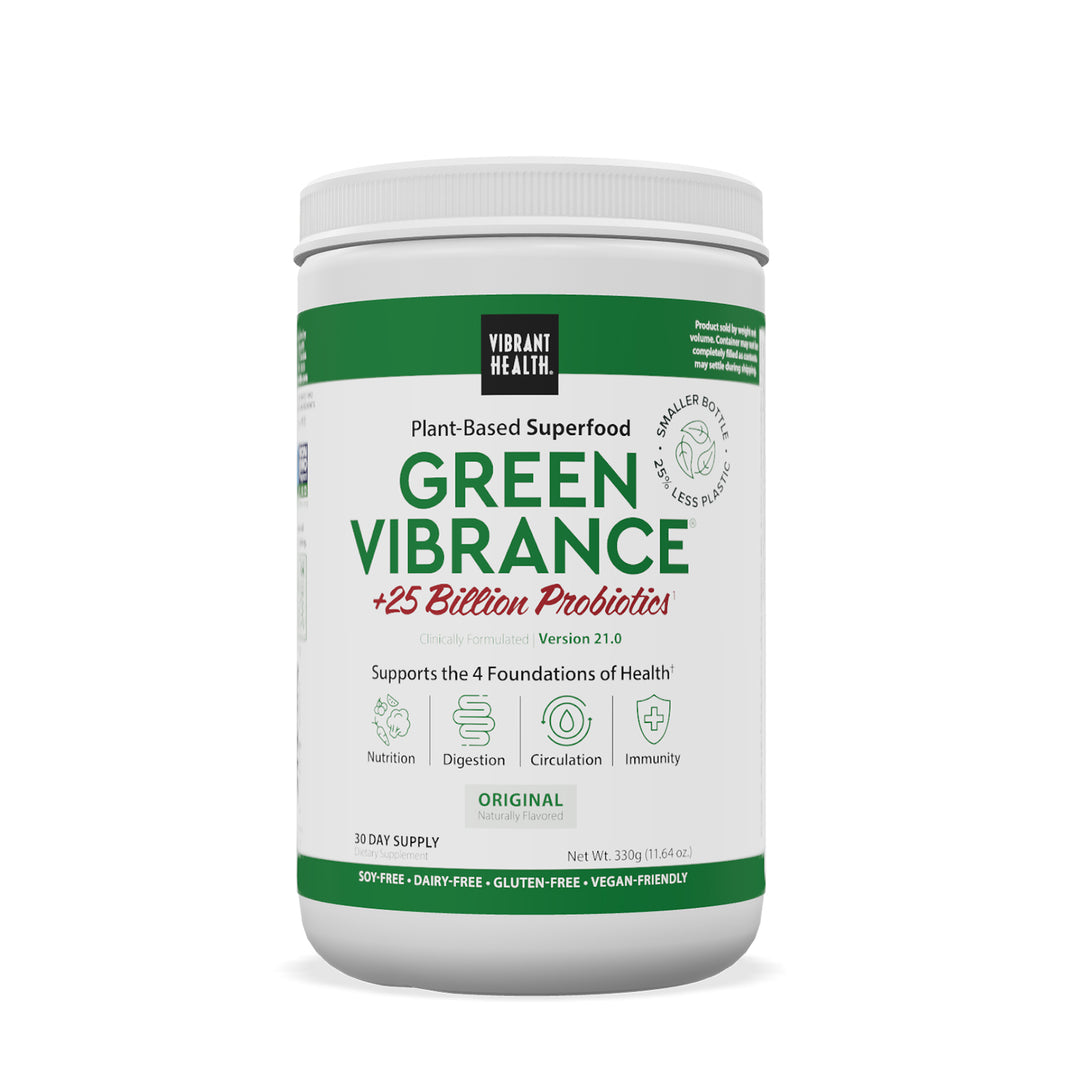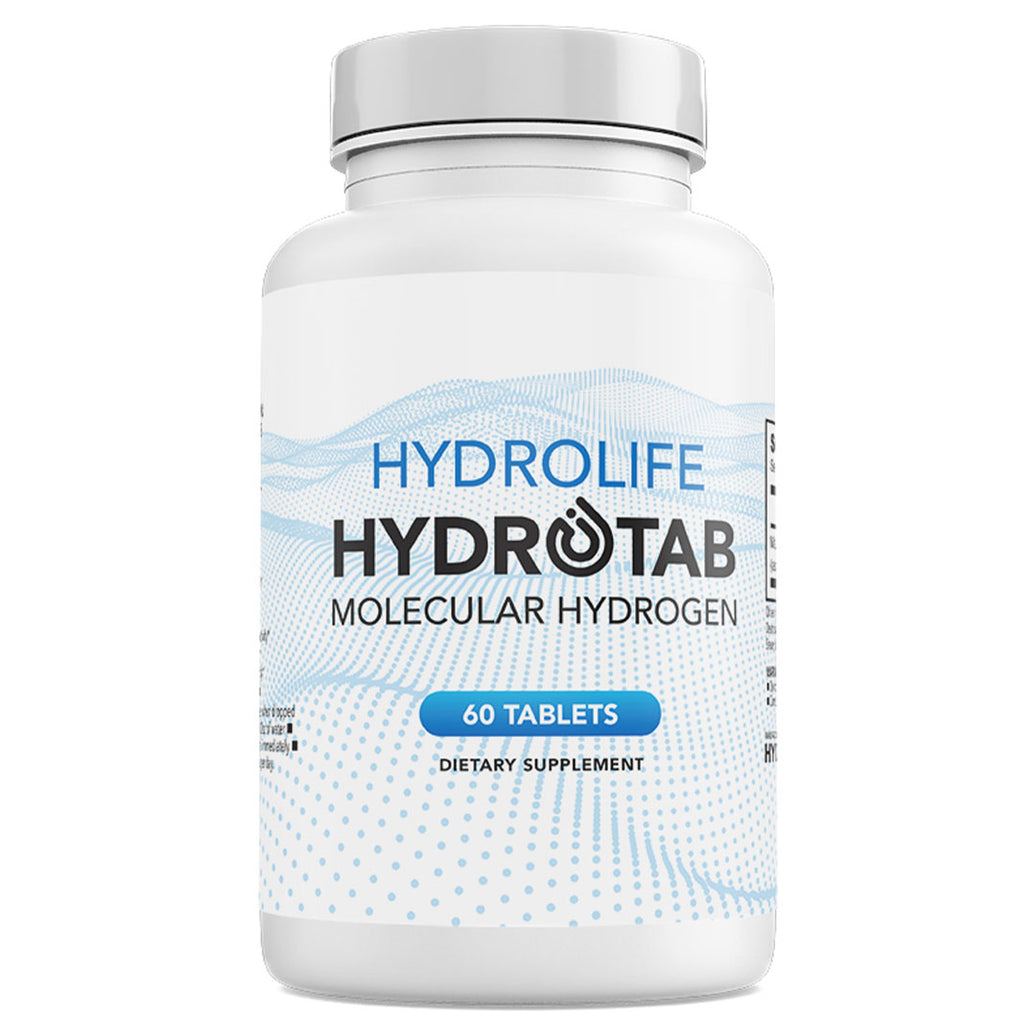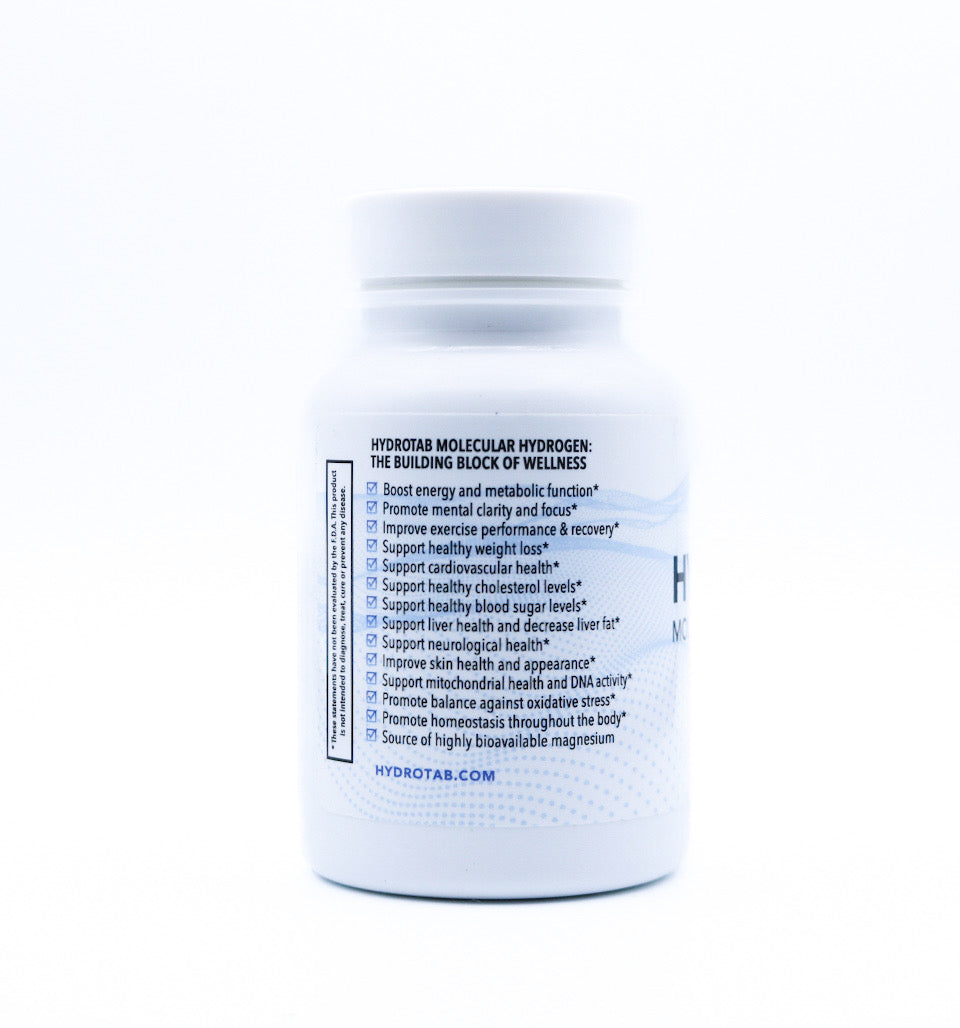I remember my grandmother boasting that cod liver oil was essential for health.
The issue for me was that I was vegetarian, so I didn’t even look into it at the time. Fast forward twenty years, and I’ve researched omega-3 fatty acids in great detail.
And my granny was correct. Well, partly. The reason that cod liver oil or other omega-3 fatty acids are good for you is actually all due to algae.
Fish eat algae – then humans eat fish. Oily fish like salmon and anchovies are normally high in omega-3s. Getting your omega-3s via fish is like getting them secondhand, because microalgae are the real producers of EPA and DHA (omega-3s) - not the fish.
Is vegan omega 3 as good as fish oil? Read on to find out more.
Omega-3 DHA is a Whole Lot More Than Just Fish Oil
Docosahexaenoic acid (DHA), is an essential omega-3 fatty acid found primarily in oily fish such as salmon and anchovies.
Anchovies are the more sustainable choice, as they put less pressure on global fish stocks. You can also get DHA and eicosapentaenoic acid (EPA) from other marine organisms, such as certain forms of algae.
In fact, microalgae are the initial omega-3 producers (1) in aquatic food chains. DHA is known as an “essential” fatty acid because it must be consumed via the diet.
Most scientists estimate that there are about 30 trillion cells in the human body. (2) DHA is found in all of the cell membranes in the body and is required for protection from pathogens.
The amount of DHA in your body may affect physical cellular makeup such as fluidity, flexibility, and thickness. As well as serving as ligands for a wide range of receptors. Meaning the behaviour and responsiveness of cells depends on the amount of DHA available.
Related: Why Use a High DHA Fish Oil?
What is Algae Oil?
Algae oil is a type of lipid extracted from microalgae. There are many benefits of choosing algae oil over omega-3s extracted from fish.
Firstly, the only reason fish are high in omega-3 PUFAs is because they eat algae in the first place. Algae is sustainable, and abundant in most aquatic systems.
Because the initial source of omega-3 PUFAs is microalgae, you could say that algae is the primary source of DHA and EPA.
A specific type of algae known as Gigartina atropurpurea or “Red Marine Algae” has been used in Traditional Chinese Medicine (TCM) since 300 B.C.
Modern scientific studies have confirmed that consuming red algae can deactivate viruses. (3)
Related: Can Red Marine Algae Really Help Boost Your Immune System?
The Benefits of Plant-based Algae Oil Over Fish Oil
Choosing algae oil over fish oil is the best option for vegetarians and vegans. The omega-3 fatty acids DHA, ALA and EPA are found in high quantities in algae oil.
One of the benefits of choosing algae is that algal oils lack cholesterol or contaminants. Many fish oils contain contaminants such as heavy metals including lead, arsenic and cadmium.
Other toxic compounds can be found in fish oil reducing their health-boosting properties.
Algal oils are also better for the environment. Overfishing occurs due to the property rights of the sea being vague. Eager fishermen use trawlers that decimate the population of the ocean. Choosing algae oil over fish oil is the responsible choice going forward.
Is Algae Oil Good For Hair?
Animal lovers the world over have been using dietary fish oil to give their beloved canines a luscious coat.
Since the original source of the omega-3s is algae, consuming algae should have similar properties in humans.
Many studies have shown that omega-3s may boost hair growth (4)and reduce hair loss.(5) The studies were conducted with fish oil. However, one study has found that the amount of omega 3s in algae is comparable to fish oil.
You wouldn’t necessarily rub the algae oil on your hair directly. Rather, you’d add it to your diet.
In saying that, some bloggers have tried swapping out the mighty coconut oil for algae oil and found it to be lighter and better-tasting when using it to oil pull or treat their nails.
I think I’ll be giving this natural beauty tip a go, watch this space!
Related: How Toxic is Your Fish Oil? The Case for Clean Supplements
Possible Algae Oil Omega-3 Side Effects
People often ask if algae oil is safe. There are several reports of adverse reactions to fish oil, but not specifically to algae oil. Like anything in life, it’s about balance.
If you take too much you could experience adverse reactions such as vitamin A toxicity, especially if your algae oil has added vitamin A.
Symptoms of vitamin A toxicity (6) are dizziness, nausea and skin irritation. When buying an omega-3 supplement of any kind, make sure to check the vitamin A content.
In some cases, the fat in fish oil has been found to produce acid reflux and indigestion. (7) I’m not sure if it’s the same for algae oil, as there have been limited studies about it.
Again, the main thing is to make sure that you stick within the guidelines and don’t overindulge.
Flaxseed oil is another popular omega-3 source for vegetarians and vegans and has been associated with increased bowel movements.
Similarly, fish oil and other omega-3 supplements could cause diarrhoea. To mitigate side effects from omega-3 supplements ensure you take them with a meal and stick within the recommended daily dose.
The Bottom Line
For years, fish oil has been the major focus when it comes to omega-3s. But now we’re turning to more sustainable forms of DHA, ALA and EPA, such as algal oil.
It just so happens that microalgae is the original source of omega-3s for the entire food chain. Therefore, algal oil is just as potent in beneficial omega-3s as fish oil.
Plus high-quality algal oil doesn’t contain many of the contaminants found in some fish oils.
Is vegan omega 3 as good as fish oil? In many respects, algal oil trumps fish oil in purity, sustainability, and is the main choice for vegans and vegetarians.
Of course, fish oil remains a viable option for many and provides a generous helping of valuable omega-3 fatty acids. Do what works for you, and reap the benefits.
Written by best-selling author and integrative nutrition health coach Rowanna Watson, who has a passion for natural health. Rowanna is an expert in all areas of holistic health, plant-based nutrition, detoxification and personal development.
Water for Health Ltd began trading in 2007 with the goal of positively affecting the lives of many. We still retain that mission because we believe that proper hydration and nutrition can make a massive difference to people’s health and quality of life. Click here to find out more.
Article updated 28/2/25
Sources:
- Adarme-Vega TC, Lim DK, Timmins M, Vernen F, Li Y, Schenk PM. Microalgal biofactories: a promising approach towards sustainable omega-3 fatty acid production. Microb Cell Fact. 2012 Jul 25;11:96. doi: 10.1186/1475-2859-11-96. PMID: 22830315; PMCID: PMC3465194. https://pmc.ncbi.nlm.nih.gov/articles/PMC3465194/
- PLOS.Biology. Ron Sender, Shai Fuchs, Ron Milo. 2016. Revised Estimates for the Number of Human and Bacteria Cells in the Body. https://doi.org/10.1371/journal.pbio.1002533
- McGill. Article Health Supplements.
Can Red Marine Algae help with shingles, eczema or cold sores? https://www.mcgill.ca/oss/article/health-supplements-you-asked/can-red-marine-algae-help-shingles-eczema-or-cold-sores
- Kang JI, Yoon HS, Kim SM, Park JE, Hyun YJ, Ko A, Ahn YS, Koh YS, Hyun JW, Yoo ES, Kang HK. Mackerel-Derived Fermented Fish Oil Promotes Hair Growth by Anagen-Stimulating Pathways. Int J Mol Sci. 2018 Sep 14;19(9):2770. doi: 10.3390/ijms19092770. PMID: 30223485; PMCID: PMC6164340. https://pmc.ncbi.nlm.nih.gov/articles/PMC6164340/
- Le Floc'h C, Cheniti A, Connétable S, Piccardi N, Vincenzi C, Tosti A. Effect of a nutritional supplement on hair loss in women. J Cosmet Dermatol. 2015 Mar;14(1):76-82. doi: 10.1111/jocd.12127. Epub 2015 Jan 8. PMID: 25573272. https://pubmed.ncbi.nlm.nih.gov/25573272/
- NIH. Office of Dietary Supplements. Vitamin A and Carotenoids. https://ods.od.nih.gov/factsheets/VitaminA-HealthProfessional/
- Khodarahmi M, Azadbakht L. Dietary fat intake and functional dyspepsia. Adv Biomed Res. 2016 Apr 21;5:76. doi: 10.4103/2277-9175.180988. PMID: 27195249; PMCID: PMC4863403. https://pmc.ncbi.nlm.nih.gov/articles/PMC4863403/

